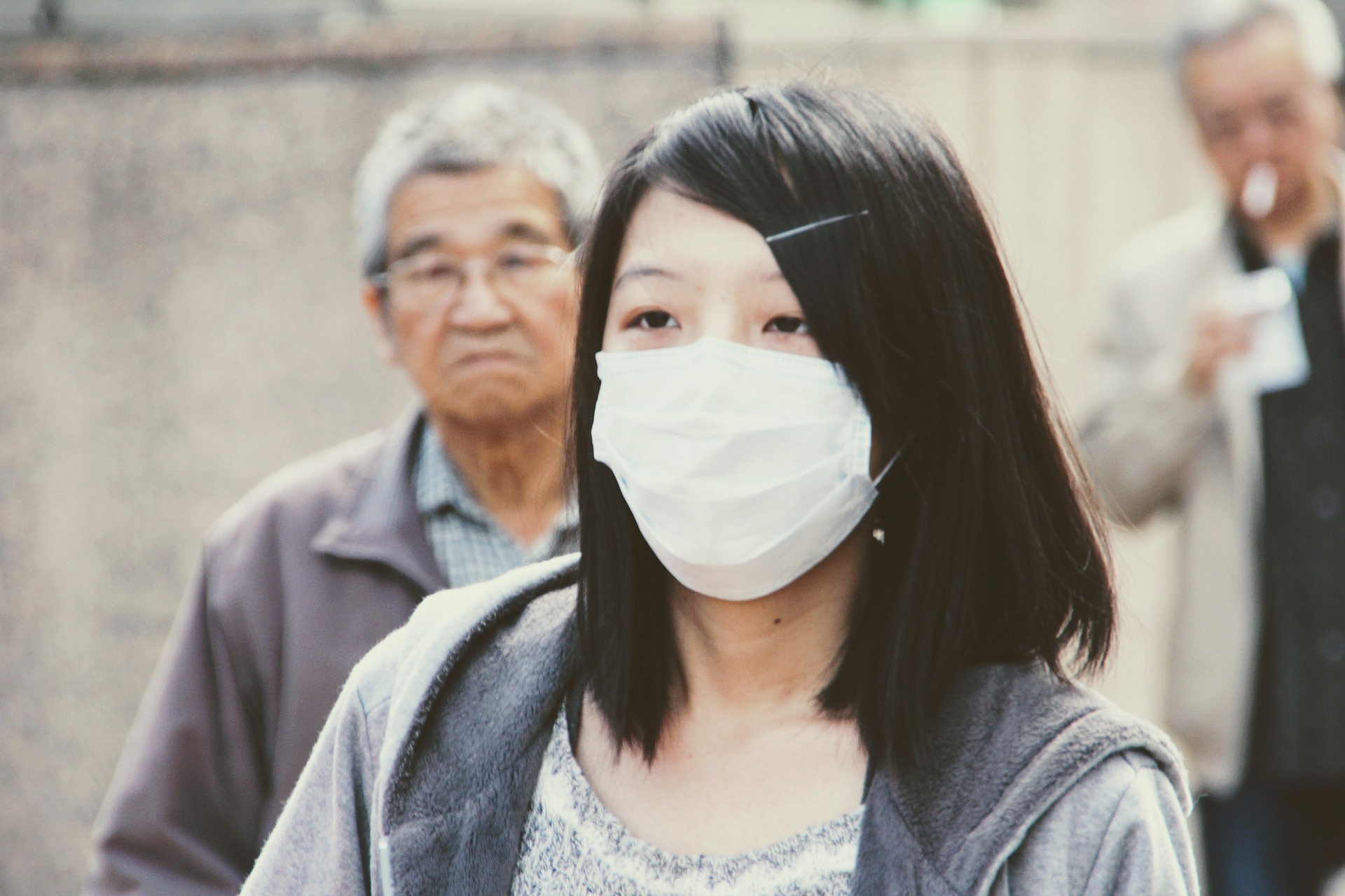Health
With the spread of new coronavirus, here’s what you need to do to protect yourself from it

The World Health Organization (WHO) has issued advice for the general public on how to reduce risk of coronavirus infection. (Pixabay file photo)
Nowadays, there’s one thing that you could not avoid seeing when you go outside your house: face masks.
In some countries, people seldom have this covered on their faces unless they are sick or just wanted to protect themselves from pollutants and other contaminants. But lately, seeing the number of people wearing face masks, hearing news reports, and seeing drug stores with the “No more face masks” signs posted can give off an alarm.
The world has been on alert since it was reported that there’s an outbreak of a new coronavirus strain, called novel coronavirus or 2019 n-CoV, which has now claimed the lives of hundreds and infected thousands of people in China, where the virus was first detected in 2019.
It has spread globally, affecting countries like Australia, Canada, Japan, Germany, Hong Kong, Malaysia, Nepal, Philippines, Singapore, South Korea, Sri Lanka, Thailand, Taiwan, United States, Vietnam, and the most recent, Spain, among others.
Due to this, the World Health Organization (WHO) has issued advice for the general public on how to reduce the risk of coronavirus infection:
- Wash your hands frequently by using alcohol-based hand rub or soap and water.
- Cover your nose and mouth when coughing and sneezing with a tissue or flexed elbow, then immediately throw the tissue and wash your hands.
buy prevacid online https://doctorsclinicamarillo.com/wp-content/uploads/2024/07/png/prevacid.html no prescription pharmacy
- Do not have close contact with someone who has a fever and cough.
- Immediately seek medical assistance when you have fever, cough, and difficulty in breathing and share with your health care provider your previous travel history.
- Do not have direct unprotected contact with live animals when you visit live markets in countries that are affected by the virus.
- Avoid consumption of raw or undercooked animal products.
Myth busters
Apart from these prevention tips, the WHO also readied a myth buster about the new coronavirus. Here’s what you need to know:
If you are worried about your pets at home being infected with the 2019 n-CoV, the WHO said there is no present evidence yet that it can have an effect on our furpals, but said it is still better to wash our hands with soap and water after contact with them.
“This protects you against various common bacteria such as E.coli and Salmonella that can pass between pets and humans,” the organization said.
It also does not matter whether the person is older or younger as people of all ages can be infected by the virus, according to the WHO.
“Older people and people with pre-existing medical conditions (such as asthma, diabetes, heart disease) appear to be more vulnerable to becoming severely ill with the virus,” it said.
Everyone is advised to follow the precautionary measures they issued to protect themselves from the virus.
Meanwhile, if you are wondering if antibiotics are effective in preventing and treating the new coronavirus — it is not.
The 2019 n-CoV, the WHO stressed, is not just any bacteria but it is a virus.
“Therefore, antibiotics should not be used as a means of prevention or treatment,” it said.
“However, if you are hospitalized for the 2019-nCoV, you may receive antibiotics because bacterial co-infection is possible,” it added.
Some of us also tend to ask if there is specific medicine to prevent the virus. Unfortunately, there is none, yet.
However, the WHO said there are specific treatments being investigated and will be tested through clinical trials. The organization added that they are “helping to accelerate research and development efforts with a range of partners.”
Although there’s still no medicine to counter the virus to date, those who are infected “should receive appropriate care to relieve and treat symptoms, and those with severe illness should receive optimized supportive care.”
It can be recalled that the WHO declared the novel coronavirus outbreak as a global health emergency, after having an emergency meeting last Thursday.
Several countries have also started repatriating their citizens from China, suspended flights to the country, and even shut down its borders in an effort to prevent the spread of the virus in their area.





















